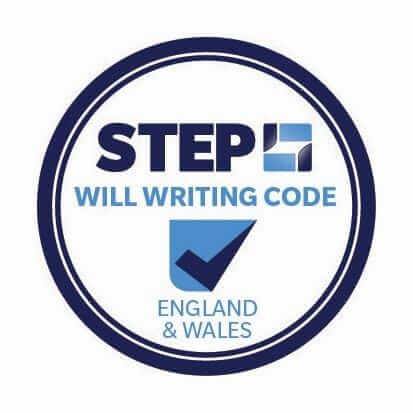Our specialist Wills and Probate team is made up of dedicated experts, led by Nicola Waldman. They'll work closely with you to achieve your wishes and ensure peace of mind for you and your loved ones.
Usually, a significant life event for people is the trigger for considering their will and what may happen to their estate after they pass. The thought of planning what may happen after your death can be a daunting one as there are quite complex issues to consider. However, in many cases it can beneficial to create a will at any time in your life, especially when you have a partner, children or dependents who you wish to pass your wealth on to.























